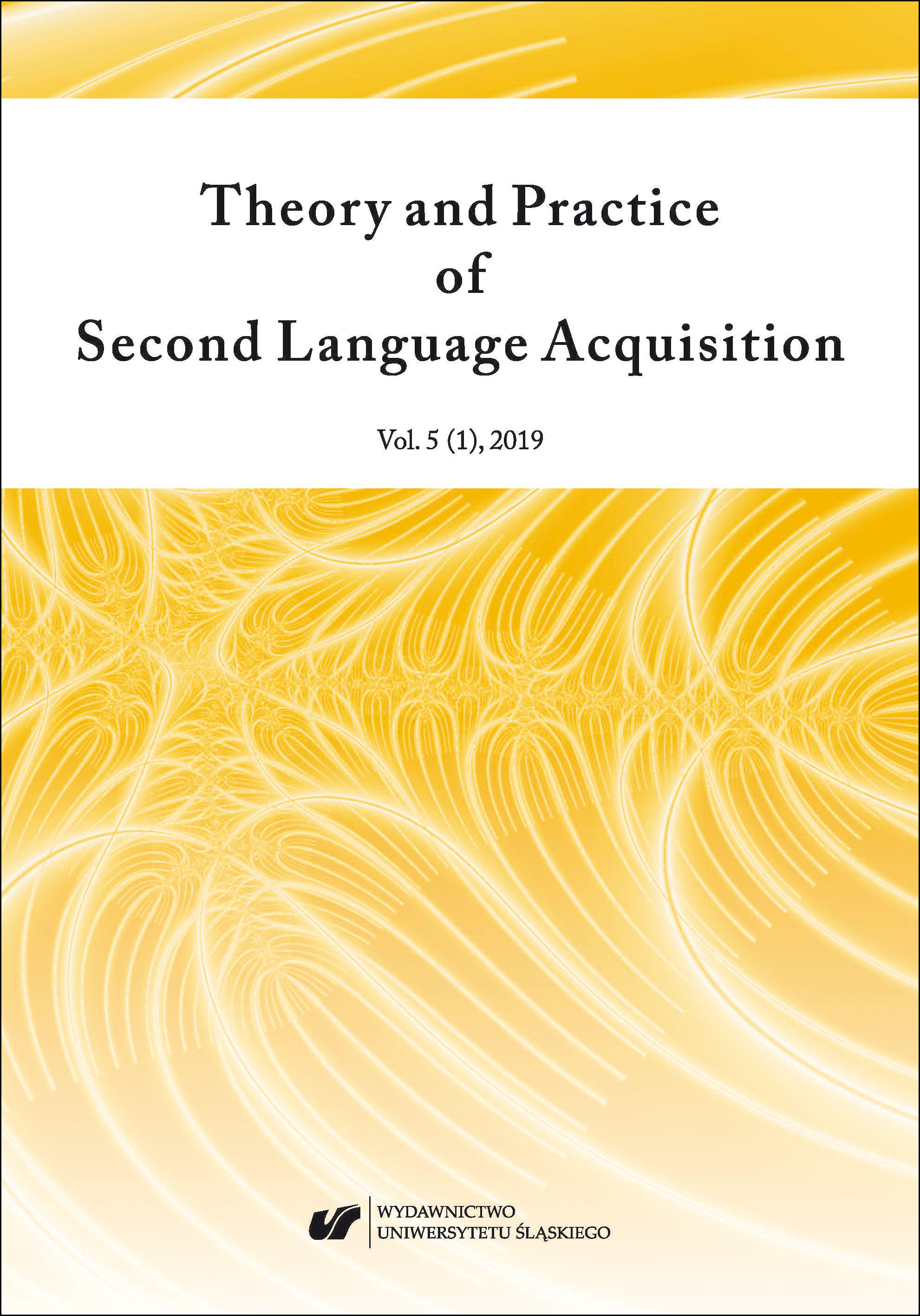L2 Gain or L2 Pain? A Comparative Case Study of the Target Language Development among Erasmus+ Mobility Students and At-Home Students⃰
L2 Gain or L2 Pain? A Comparative Case Study of the Target Language Development among Erasmus+ Mobility Students and At-Home Students⃰
Author(s): Katarzyna Ożańska-Ponikwia, Angélica Carlet, Maria Pujol VallsSubject(s): Language studies, Theoretical Linguistics, Philology
Published by: Wydawnictwo Uniwersytetu Śląskiego
Keywords: L2 gains; stay abroad; Erasmus+ mobility; personality; attitudes;satisfaction;
Summary/Abstract: The Erasmus+ exchange program has become very popular, with the numbers of student sojourners growing each year. However, it has previously been observed that not all students benefit equally from the study abroad (SA) experience (cf. Kinginger, 2008, 2009; Marijuan & Sanz, 2018; Mitchell, Tracy-Ventura & McManus, 2017; Regan, Howard & Lemée, 2009). Consequently, the main aim of the present study was to investigate various factors that might contribute to the development of the target language among two small groups of students, one of which self-selected themselves to undertake their language teaching practicum abroad, as a part of the Erasmus+ mobility program (n = 6), and the other at local schools in the country of their residence (n = 5). Both groups were examined prior their departure and after their return with a battery of tests that included: Oxford Placement test, Self-reported proficiency questionnaire, Oral proficiency test based on Cambridge Advanced exam, Language Engagement Questionnaire, Multicultural Personality Questionnaire (MPQ), Big Five Personality Questionnaire, and Trait Emotional Intelligence Questionnaire (TEIQue). Our findings demonstrated that the majority of the Erasmus+ mobility program students examined in this study showed some greater linguistic progress in grammar and speaking in comparison to the at-home students. However, there were two cases that failed to progress after the stay abroad experience. Further analyses and interviews showed that some other factors such as attitudes, language engagement, and satisfaction with the Erasmus experience might in fact influence and shape target language development while abroad. At the same time, it could be speculated that, in the case of researched informants, their progress in grammar and speaking could be assigned mostly to the amount and quality of the language input outside of the classroom setting.
Journal: Theory and Practice of Second Language Acquisition
- Issue Year: 1/2019
- Issue No: 5
- Page Range: 73-92
- Page Count: 20
- Language: English

